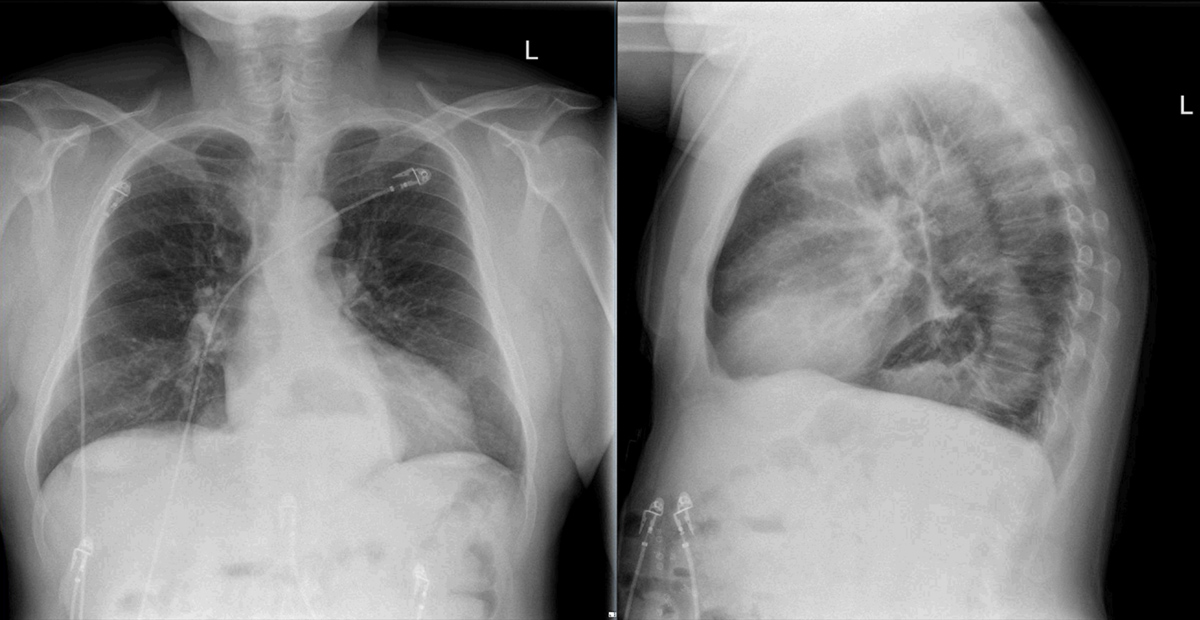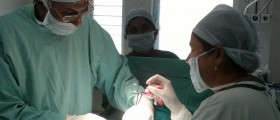
What is hiatal hernia and why does it happen?
Hernia is a medical term for the protrusion of an organ through the cavity that it is located in, and as for hiatal hernia, it is the protrusion of the stomach through the opening of the esophagus. In other words, in hiatal hernia, the stomach is pushed up thorough the diaphragm. All hital hernias can be classified into the sliding hiatal hernia and the rolling hiatal hernia, but there is a type that is actually a mixture of these two types. There are certain factors that, if present, make people more prone to developing hiatal hernia, and among such factors are smoking, obesity and age, since, those older than 50 are a bit more likely to develop it, though it can occur at any age.
What are the main symptoms of hiatal hernia?
As for the symptoms, when hiatal hernia is small, it usually does not cause any problems, so due to the lack of symptoms, the person is practically not aware of its existence, and unless the doctor discovers it accidentally, the person may even never find out of it. On the other side, there are hiatal hernias that are large, and they rarely go unnoticed, since their main characteristics are heartburn and pain, because they allow the acid and the food to go back to esophagus. Besides these symptoms, belching, pain in the chest area, fullness in the stomach after the meal, regurgitation of food and juices, and even nausea are common, and the patient should see a doctor as soon as the first problems are experienced.
When it comes to the symptoms of this condition, an interesting thing is that they may resemble the symptoms of some other conditions, which is why hiatal hernia is correctly diagnosed only with the help of endoscopy, upper GI series, or high resolution manometry. In case the condition is discovered, and no symptoms are present, there is absolutely no need for the treatment, but it is recommended to monitor the condition because the hernia may begin to grow. On the other side, in cases where the symptoms are present, the treatment will depend on the type of it, and either medications that neutralize, reduce or block the production of stomach acid, or the surgery may be the solution. Surgery is necessary very rarely, and such situations usually present emergency, or they are related to patients in which medications did not prove to be helpful.

















Your thoughts on this
Loading...